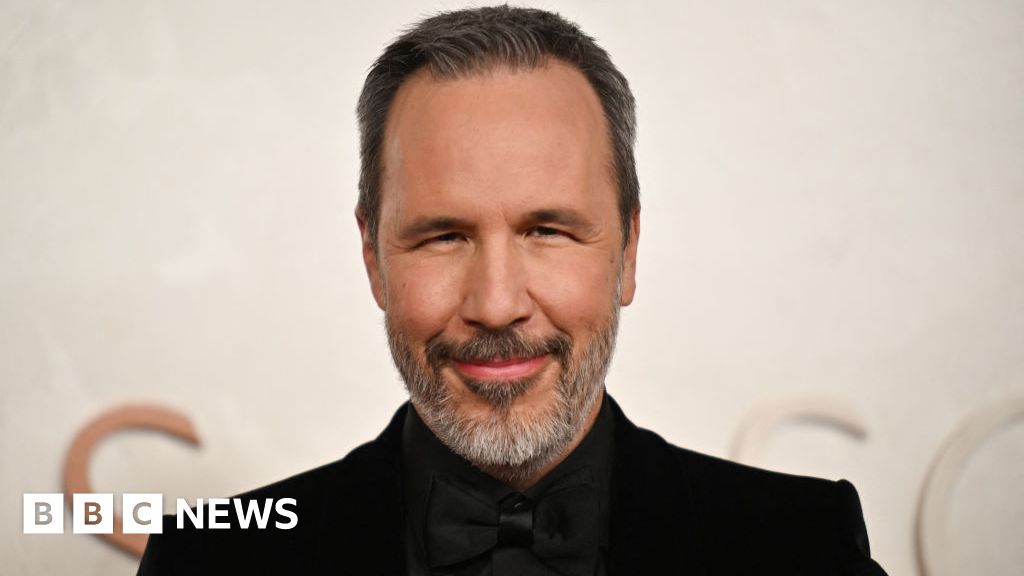ARTICLE AD BOX
WASHINGTON — Dr. Vinay Prasad, a prominent critic of the pharmaceutical industry and the Food and Drug Administration, has been named to oversee the health agency’s program for vaccines and biotech drugs.
FDA Commissioner Dr. Marty Makary announced the appointment Tuesday in a message to agency staff, praising Prasad’s “long and distinguished history in medicine.”
Prasad is the latest in a series of medical contrarians and critics of COVID-19 measures to join the federal government under President Donald Trump.
Unlike political roles such as FDA commissioner, the job Prasad is stepping into has traditionally been held by an FDA career scientist. His appointment raises new questions about whether vaccines and other new therapies will face additional scrutiny from regulators.
Prasad replaces Dr. Peter Marks, FDA’s longtime vaccine chief who resigned in March after clashing with Health Secretary Robert F. Kennedy Jr. over concerns about the safety of vaccinations.
A professor at the University of California San Francisco, Prasad’s medical training is in cancer and blood disorders. He first came to prominence among academics for a series of papers scrutinizing the evidence behind new cancer therapies.
Research by Prasad and his colleagues showed that many cancer drugs fast-tracked by the FDA have never been shown to improve or extend patient lives. Instead, the drugs are often approved based on alternate measures, such as the ability to shrink tumors, which are thought to predict their long-term benefits.
The FDA has long defended this practice as a way of accelerating approval of medicines for desperately ill patients.
During the COVID-19 pandemic, Prasad reached a much broader audience as a critic of mask mandates, lockdowns and moves to speed the availability of vaccines from Pfizer and Moderna. Many of his views mirror those of other Trump appointees, including Makary and National Institutes of Health Director Jay Bhattacharya.
In 2022, Prasad and Makary were co-authors on a paper attacking the recommendation for booster shots in teens and young adults, particularly boys and young men. Those patients received particular attention because early vaccinations showed a higher rate of myocarditis, a rare form of heart inflammation that is usually mild.
The paper concluded that requiring booster shots in young people would cause more injury than benefit. None of the authors specialized in studying infectious diseases or vaccine reactions, prompting criticism from many health experts.
In recent years, Prasad become a regular on podcasts associated with Kennedy’s “Make America Healthy Again” movement, which often portrays the FDA as beholden to the pharmaceutical industry.
Prasad’s appointment is likely to alarm drug and vaccine makers, who depend on the predictability of FDA standards and procedures to guide drug development plans that can span years or even decades.
___
The Associated Press Health and Science Department receives support from the Howard Hughes Medical Institute’s Science and Educational Media Group and the Robert Wood Johnson Foundation. The AP is solely responsible for all content.
Copyright © 2025 The Washington Times, LLC.

 1 month ago
67
1 month ago
67








 English (US) ·
English (US) ·